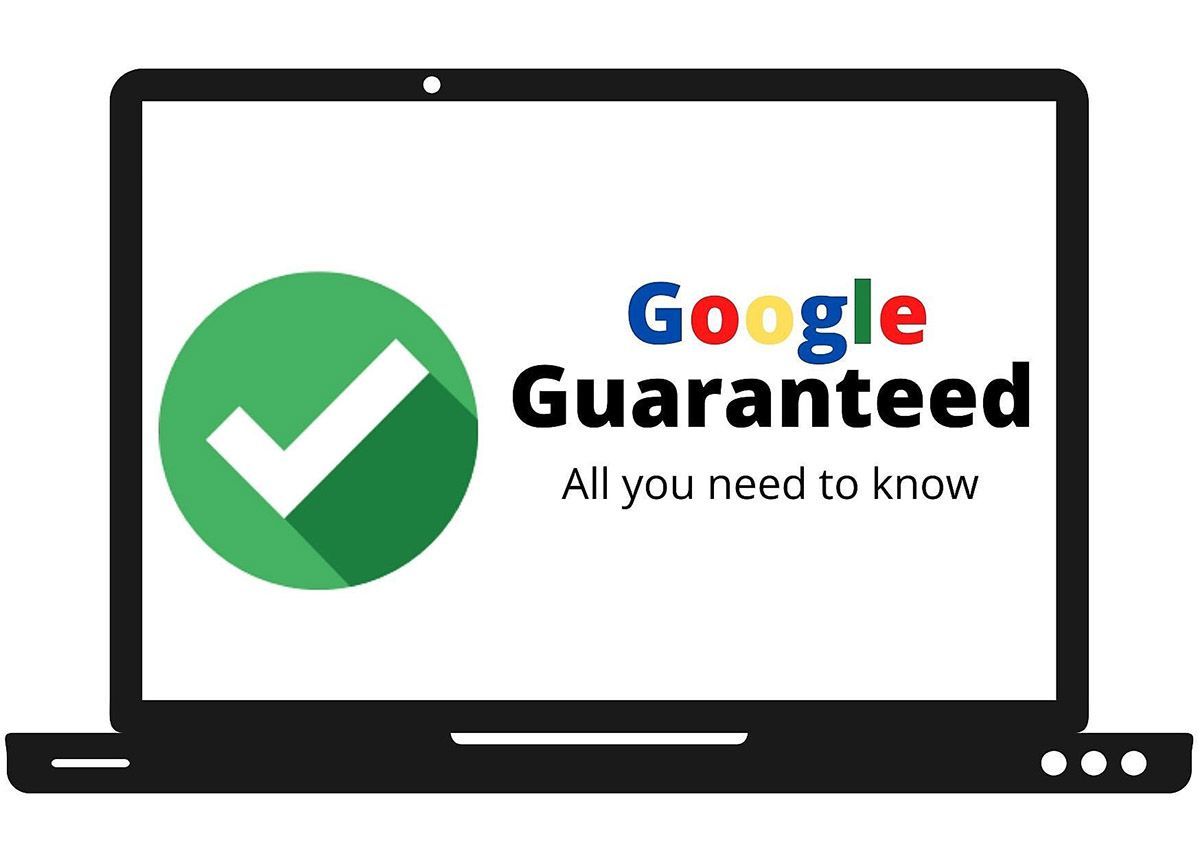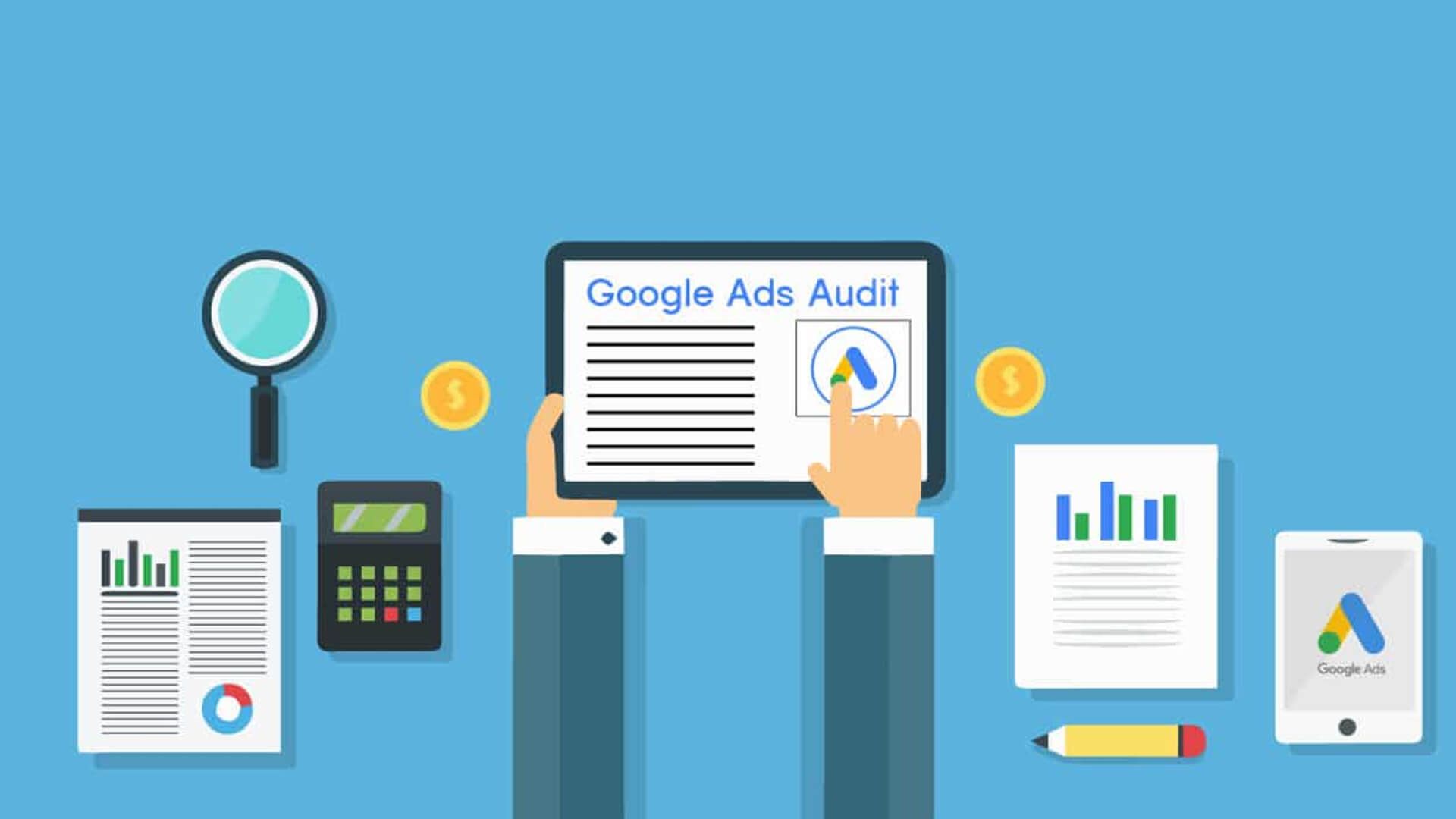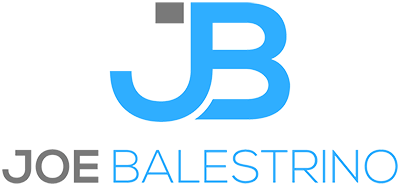SEO Consultant vs. SEO Agency
Asses Your Company's Needs

Every website needs a marketing plan without one your website will be invisible. Once you’ve decided what forms of online marketing you want to embark on you then need to decide who will help you achieve your goals. You could handle the work yourself, hire employees, hire a consultant or an agency.
Over the last 17+ years in search marketing, I have worked both on the agency and the consulting side. I’ve seen both the pros and cons of each. While the cost is a factor for a business to keep in mind it’s shouldn’t be the deciding factor. It’s important to understand your business goals and needs and use the information below and match your needs with the right vendor.
There are some significant pros to working with a consultant but again it all depends on your specific needs. The pros include;
➡️ The more experience an SEO has the more expensive he or she can be. The reason for this is the amount of knowledge they have accumulated over the years. You are paying for that knowledge and insight.
➡️ Experts tend to have more hands-on experience and are comfortable rolling up their sleeves and assisting with solving issues.
➡️ Consultants are easier to get a hold of and you have direct access to them.
➡️ A consultant has very low overhead and therefore more of the dollars you spend goes towards actual work.
➡️ Consultants don’t work normal business hours. They tend to work longer hours and weekends as the few clients they have are important to them and are usually working and researching.
➡️ Staying on top of changes is important to consultants as their “bread and butter” depend on it.
➡️ Consultants are more flexible and can fit your organization’s needs better.
➡️ Many experts have a long list of case studies, clients and verifiable credentials.
Cons of Working with an SEO Consultant
As with all things, there is also a downside to working with a consultant which include;
➡️ Consultants and experts are specialized. This means they are experts in a limited about of fields. This means you may need to hire other companies to handle other parts of your marketing. This means you will have more vendors to manage.
➡️ It may take longer to get certain elements set up as there is only one person working on the project. In most cases, they will work with someone on your team to assist. However, if there isn’t anyone it could slow down the initial start.
Pros of Working with an Agency
Agencies have a lot to offer and should be considered if their offerings meet your needs.
➡️ Getting started can be faster. Agencies have more team members and implementation people available which could be a bonus if you’re looking to start quickly.
➡️ Reporting also tends to be more robust and offers a lot of features.
➡️ Agencies have teams that could provide much more insight into complex projects and more hands to tackle larger tasks and issues.
The Cons of Working with an Agency
While practical in some situations agencies have major drawbacks including;
➡️ You’re paying a high cost to work with people with less experience. While most agencies have senior team members those members aren’t involved in the day to day which is left to junior members.
➡️ Agencies have a high turnover rate. Employees move up within the company or move to other agencies. This impacts your bottom-line as the new person in the role now has to learn your business and history. Also, their methods may be different than the previous person and that could impact you negatively.
➡️ Agencies tend to spend more time on larger clients as it generates more revenue for them. If you’re a small or mid-size business you may not receive the attention your account needs and deserves. In many cases, smaller business needs more help and requires more time, but pay the least.
➡️ Agencies are limited to working with you during business hours only. If you need help outside of business hours or the weekend you’re on your own.
➡️ Agencies are busy and it could take a day or more before hearing back. If you have concerns that need to be addressed quickly it could pose a problem.
➡️ Large agencies work in sprints. Sprints can be weekly or monthly. If you need something done or fixed it may need to wait until they fit you into their cramped schedule.
➡️ Agencies have lots of employees and executives on the payroll. Don’t forget the expensive rent they need to pay for. This is built into your fee when building out services you’ll be asked to pay.
➡️ Many times, inexperienced (junior) SEO’s make changes too often or too many at once. This creates more problems and can be the start of a downward trend when it comes to rankings.
➡️ Employees tend to be tied up in meetings and working on client’s campaigns to have the time to read blogs, listen to podcasts and watch videos. Their job isn’t dependent on it. I’m not saying it’s not possible, but there is more likely to gain important knowledge after the fact.
➡️ Some agencies offer a cookie-cutter approach that can work for some businesses but not for others.
Which Should You Choose?
If you’re a small company trying to keep costs down but you know you need SEO knowledge to improve your website, train staff and have a pulse on that latest SEO news, algorithms, and trends a consultant may be better for you. Also, if you have a smaller budget and prefer to work with someone that is more accessible this may be the option for you.
However, if you need full support on various services besides just SEO an agency would be the way to go. This applies also if your budget is on the larger side.
Think of it this way – with a consultant you are paying for expertise and with an agency you're paying for a team and manpower.
Need Help With Your Digital Marketing?
Speak with an expert now!







